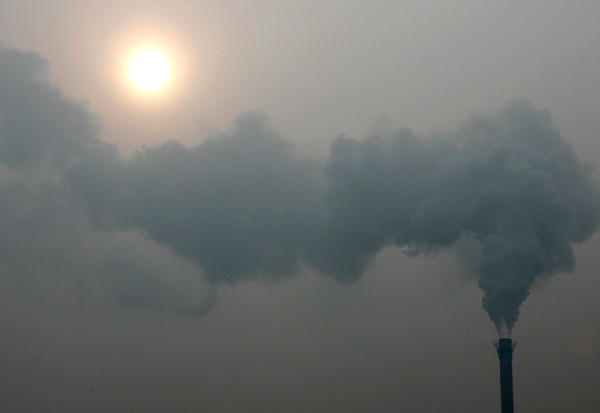Climate Change Summit: Europe Takes Hardline Stance at Durban Conference

Europe is taking a hardline stance on global warming at the latest round of UN climate talks.
At this week's UN climate change conference in Durban, South Africa, the European Union said it wanted the board of the Green Climate Fund to start working as early as next year.
The Green Climate Fund is a multibillion-dollar global fund designed to assist developing nations and vulnerable countries cope with the impact of climate change.
"In the context of a satisfactory outcome on the Green Climate Fund, as well as the overall package from Durban, we want to see the board start as early as 2012," said Tomasz Chruszczow, the chief climate negotiator for the EU and Poland.
Countries initially agreed to develop the fund at the 2010 climate change talks in Cancun, Mexico.
Europe's hardline stance has already triggered concern among developing countries at the Durban talks and the conflict threatens the future of the Kyoto Protocol - the only international treaty stipulating cuts to carbon emissions.
But the EU remains firm on its position and represents the last hope of developed countries signing up to continue the protocol's provisions, which are due to expire in 2012.
"It's very important that other major economies join the effort. It would not make sense for only the EU to take on a second commitment under the Kyoto Protocol," said Joanna Mackowiak-Pandera, Poland's under-secretary of state for the environment.
"We already have challenging, ambitious targets, so I think it's crucial that others also enter into the Kyoto Protocol, which I know will not be easy," she added.
Developing nations are insisting on a second commitment period of the Kyoto Protocol that would run until 2020, but Japan, Russia and Canada, Europe's main partners in the Kyoto agreement, have abandoned the treaty, and the U.S. has ruled out signing up.
That leaves Europe in a battle with emerging economies such as China, India, Brazil and South Africa over agreeing on what conditions to fulfil if there is to be a continuation of the Kyoto Protocol.
Dutch politician for GreenLeft and member of the European Parliament, Bas Eickhout, said Europe is open to supporting a continuation of the Kyoto Protocol, but the downside of that would be waiting for other countries to also vote in favour of the agreement.
Mr Eickhout said the problem with that is it could take too long for countries to wait for each other to come to a decision, especially when Europe is keen to act now.
Given these conditions, Mr Eickhout said: "Europe has to be far more clear that they want to continue the Kyoto Protocol."
According to Mr Eickhout, while Europe is keen to continue supporting the treaty, the set of rules that will be applied to the second phase of the agreement remains unclear.
"Environmental integrity of the Kyoto Protocol, in its second phase, is crucial as well. So continue, yes, but with better rules," he said.
If Europe wants to achieve the maximum climate change of only 2 degrees Celsius, then they have to take the lead, step up climate ambitions and ensure that other countries will follow, he said, adding:
"Science is becoming clearer everyday... If we don't take actions, climate change will be a big threat for all of us."
© Copyright IBTimes 2025. All rights reserved.





















